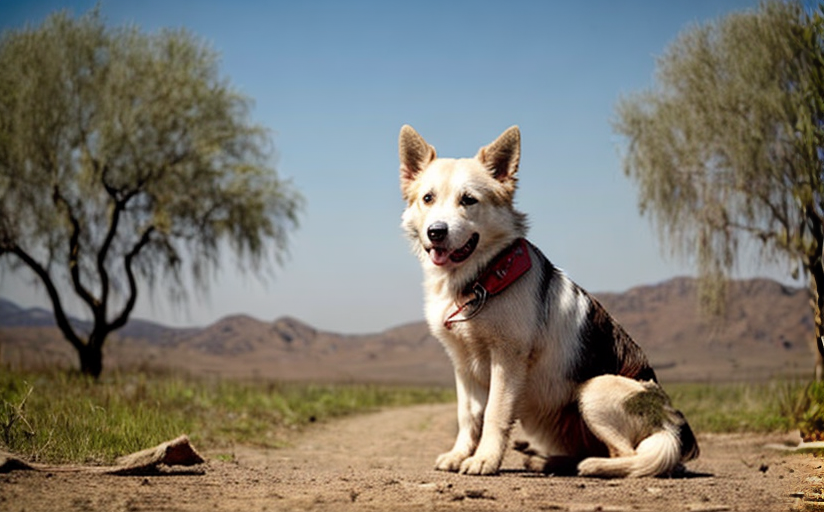How Climate Change Affects Our Pets :
While much attention has been dedicated to discussing the impact of climate change on human health and living conditions, it is equally crucial to consider how these profound environmental alterations affect our pets. The increasingly fluctuating temperatures, shifting weather patterns, and a heightened prevalence of pests can significantly impact the health and lifestyle of our beloved furry friends. We look at this issue through the lens of various experts, including veterinarians, animal behaviorists, and pet owners.
Physical Health Implications :
Climate change brings about an increase in average temperatures and frequency of heatwaves, extreme storms, and heavy rainfall. Such conditions can inflict physical harm on pets. Heat stress, dehydration, and skin conditions are some common health issues faced by pets due to elevated temperatures. They may also face an increased risk of infections from pathogens and pests that thrive in warmer climates.
Views of Veterinarians :
Veterinarians have observed a correlation between changing weather patterns and diseases in pets. They have reported an increase in the incidence of diseases like ticks and fleas, heartworm disease, and infectious diseases spread by mosquitoes due to warmer and more humid conditions. These climate-related changes necessitate a reevaluation of vaccination and preventative treatments for our pets.
Mental Health Implications :
Changes in climate also have psychological repercussions on pets. Unusual weather patterns can cause anxiety and stress in animals, alter their behaviors and disrupt their routines.
Views of Animal Behaviorists :
Our pets are more vulnerable to climate-induced stress than we might think, say animal behaviorists. They have been observing climate change's subtle effects on animal behaviors - from changes in sleeping patterns to increased aggression.
Changes in Lifestyle and Habits :
Pet owners are also reporting alterations in their pets' habits and lifestyles. Pets are now taking longer naps, drinking more water, and being more lethargic - potential signs of worsening health due to adapting to the changing climate.
Preventative Measures and Adaptive Strategies :
To mitigate the impacts of climate change on pets, proactive measures should be taken. These include keeping pets indoors during extreme weather conditions, providing plenty of water, and maintaining regular wellness check-ups with a vet to prevent and treat any climate-related illnesses. Changing the vaccination routine may also be encouraged according to weather shifts.
As our climate continues to change, so too must our pet care practices. Alongside mitigating climate change, focusing on preventative care and new adaptive strategies for our pets will become increasingly critical to the health and happiness of our beloved pets.


















Comments
Leave a Comment